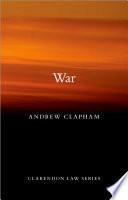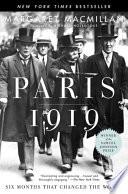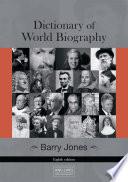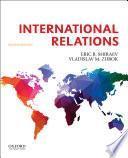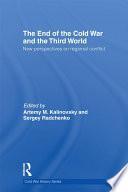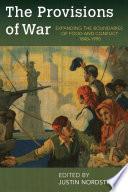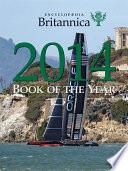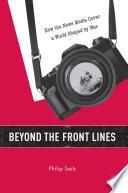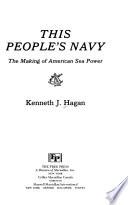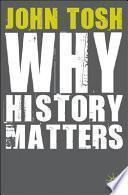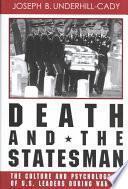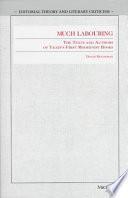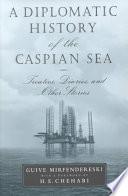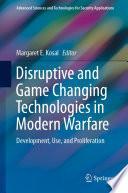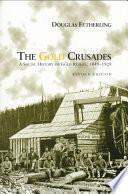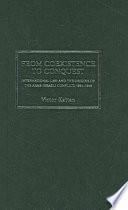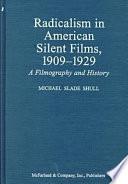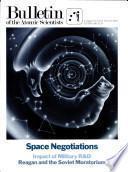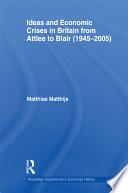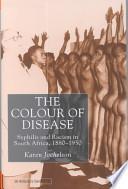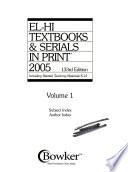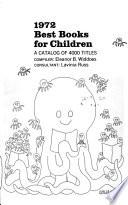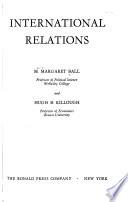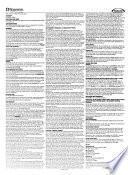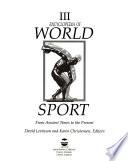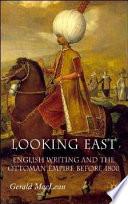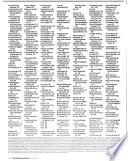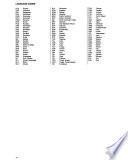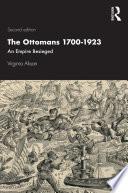
The Ottomans 1700-1923
Author: Virginia Aksan
Number of pages: 400Originally conceived as a military history, this second edition completes the story of the Middle Eastern populations that underwent significant transformation in the nineteenth century, finally imploding in communal violence, paramilitary activity, and genocide after the Berlin Treaty of 1878. Now called The Ottomans 1700-1923: An Empire Besieged, the book charts the evolution of a military system in the era of shrinking borders, global consciousness, financial collapse, and revolutionary fervour. The focus of the text is on those who fought, defended, and finally challenged the sultan and the system, leaving long-lasting legacies in the contemporary Middle East. Richly illustrated, the text is accompanied by brief portraits of the friends and foes of the Ottoman house. Written by a foremost scholar of the Ottoman Empire and featuring illustrations that have not been seen in print before, this second edition is essential reading for both students and scholars of the Ottoman Empire, Ottoman society, military and political history, and Ottoman-European relations.
